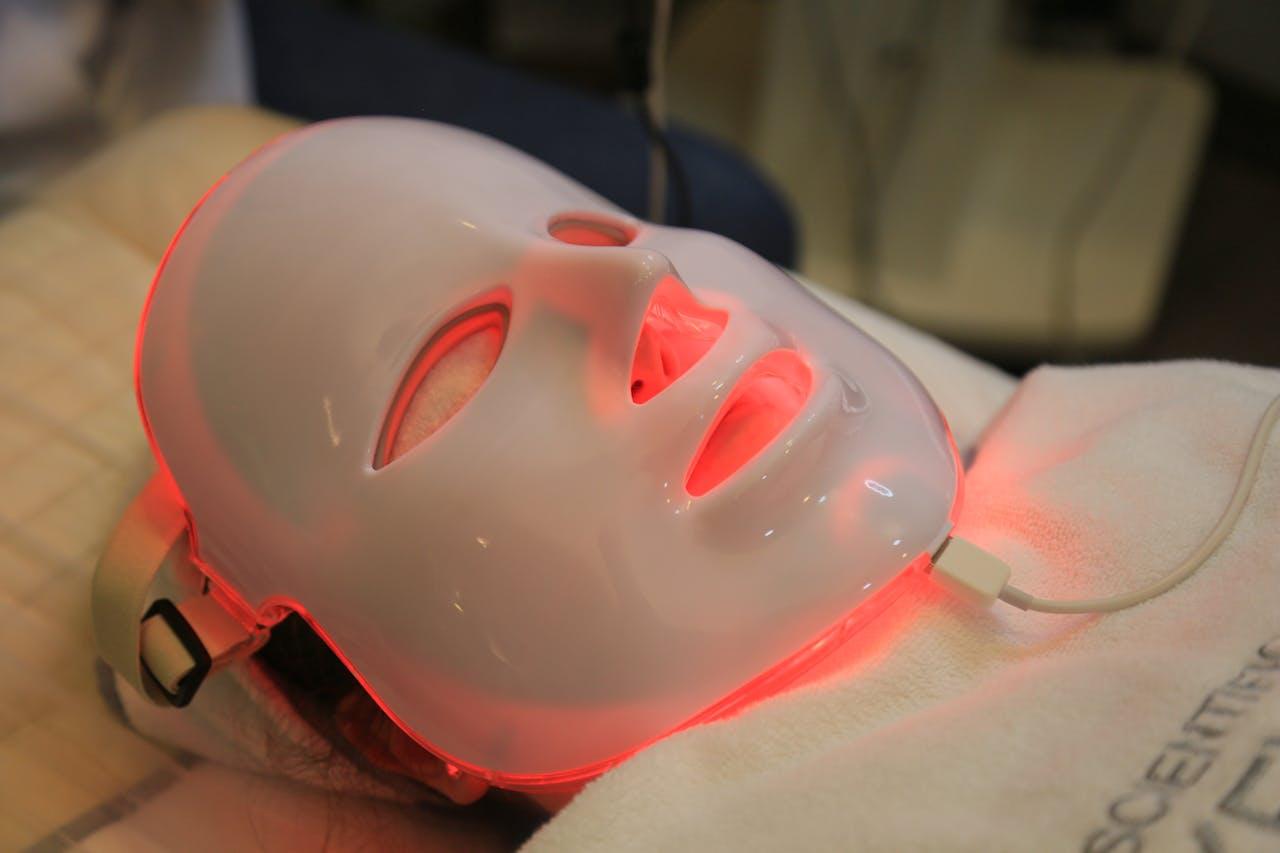Here’s How To Market Your Veteran-Owned Business

Operating a small business comes with many challenges. And, as you well know, attracting customers is undoubtedly one of them today. According to the latest Global State of Small Business report from Meta, while business owners face fewer challenges than they did at the beginning of the year, “lack of customer demand” remains one of the “most prominent challenges.”
Marketing is the key to solving that problem. It helps you:
- Build brand awareness
- Create trust with consumers
- Explain what you do and how that can solve customers’ pain points
- Increase sales
- Form and cement customer relationships
- Improve customer engagement
Marketing also enables you to tell your story, which is critical to helping you stand apart from your competitors.
Your story is what makes you unique—and for veteran business owners, touting your veteran status can give you the edge to stand out in a crowded marketplace.
Here are some key marketing strategies to attract new customers to your veteran-owned business.
Build a website.
Surprisingly, according to Top Design Firms, nearly 27% of small businesses still don’t have a website. That is not acceptable in today’s world. According to the GWI Global Overview Report, 44% of internet users visit a company’s website at least once a month. And studies have shown that businesses actively engaged online tend to grow 40% faster than companies without an online presence.
Don’t think of a website as just a vehicle for selling products and services. It’s an ideal place to start telling your story. Your website should clearly describe who you are, what you do, and what you stand for. Depending on what you sell, your website should reflect your company culture. Is it fun or serious? Are you a proponent of specific causes, such as sustainability or supporting military families? Do you donate money or goods to a nonprofit or charity? Do you only source from U.S. suppliers?
There are DIY website options, but hiring a web designer will help ensure everything is done correctly and free you up to concentrate on other vital aspects of your business.
Make sure your site includes easy-to-find contact and “About Us” pages. This is especially important for veteran-owned businesses since many customers are looking for veteran-owned companies to do business with. Potential customers want to know your story: which branch of the service you were in, what motivated you to become an entrepreneur, and what your goals are. Include pictures of yourself (in uniform and out) and a bio touting your expertise and experiences.
Finally, consider the domain name for your website. Although .com extensions are the most common, finding available names is difficult. Many veteran-owned businesses prefer to use a .us or .vet extension.
Take advantage of search.
Your website should contain content relevant to your business, and it should be regularly updated. One way to do that is to post blogs on your site, which help you get “discovered” by search engines like Google, Bing, and Duck Duck Go. This is essential since search is the number-one way consumers find businesses, products, and services, according to the GWI Global Overview Report.
Optimizing your web pages and content for choice keywords can be complex, so consider outsourcing your search engine optimization (SEO) to a pro. Also, be sure to use “veteran-owned” in your optimization efforts.
Get social.
Having a presence on social media platforms is no longer a nice-to-have but a must-have for small businesses. If you don’t already have social accounts, create one on all the major platforms, even if you don’t plan to use them all now.
It’s essential to be active on the social channels your customers use. If you’re not sure what they are, ask them. The GWI Report says 23% of internet users follow a business on a social network. If you’re a new business owner, create buyer personas, which are representations of your ideal customers based on data and research.
Invest in social media advertising. It’s affordable, offers the ability to geotarget your audience, and, according to the GWI Report, 28% of internet users discover new brands, products, and services via social media ads.
Again, it’s important to promote your veteran status. Use popular vet-related hashtags so followers (and friends of followers) can see that your business is veteran-owned. Hashtag popularity changes often; however, currently, the top hashtags are:
- #veteranownedbusiness
- #veteranowned
- #veterans
- #veteran
- #veteranownedandoperated
- #veteransday
- #smallbusiness
- #veteransupport
- #veteranshelpingveterans
- #veteranmade
Embrace digital tools.
According to the Global State of Small Business, usage of digital sales channels is growing, with “31% of small business owners reporting that over 50% of their sales occurred digitally this year, compared to 34% in May 2020.”
Digital tools (like social media apps) should be a key element in your marketing strategies. The most recent Global State of Small Business reveals that small businesses are currently “using digital tools more often for market-led usages than for operations-led purposes.” Indeed, SMBs say they’re using digital tools to communicate directly with customers (51%), advertise (43%), and sell goods and services (36%).
Get involved.
Veterans are mission-oriented, so contributing to your town or military community is a natural extension of who you are. And it’s an effective way to raise awareness of your company. Volunteering allows you to cement customer relationships, meet new prospects and gives you and your employees a feeling of goodwill.
You can focus your volunteer efforts on causes related to your business, important to your local community or you personally, or a combination. Be sure to include your employees in your efforts. It will make them feel good about their jobs and enable the community to get to know them. If you’re short on time, you can donate goods or services. Businesses like restaurants or clothing stores can hold fundraisers.
Being involved in your community can be as simple as sponsoring a Little League team or exhibiting at local fairs or athletic races. If you have a booth, make sure you have banners or other signage that make your veteran status visible for all to see.
Business Resources For Veterans
There are many places to get help for starting, building, and marketing your veteran-owned business if you know where to look. The Small Business Administration (SBA) offers many support resources for veteran business owners.
Meta Boost also offers help and resources for small businesses on their Business Resource Hub. Additionally, you can find information or join the Leaders Network.
The Office of Veterans Business Development (OVBD) promotes veteran entrepreneurship. It facilitates the use of all SBA programs by veterans, service-disabled veterans, reservists, active-duty service members, transitioning service members, and their dependents or survivors. In addition, the Veterans Business Outreach Centers (VBOC) have locations across the country and offer business plan workshops, concept assessments, mentorship, and training for eligible veterans.
Boots to Business is an entrepreneurial education and training program offered by the SBA as part of the Department of Defense Transition Assistance Program (TAP). The course provides an overview of entrepreneurship and applicable business ownership fundamentals. Active Duty Service members (including National Guard and Reserve), veterans of all eras, and spouses are eligible to participate.
A Score mentor can help advise you about more ways to market your small business.
Back To Basics
And, of course, don’t overlook the obvious. Be sure to include the fact that your business is veteran-owned in your email signature and on all your social media profiles.
This article originally appeared on Score.





